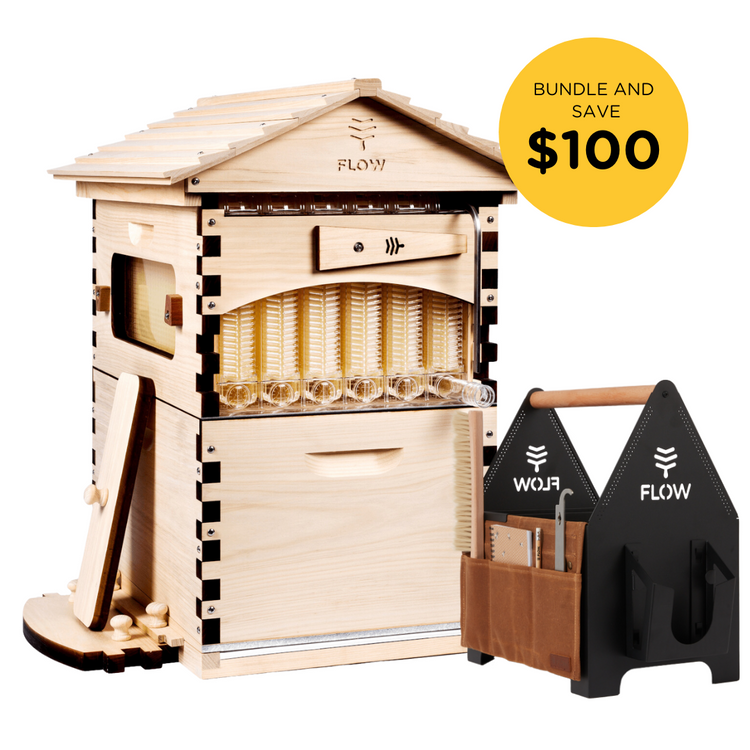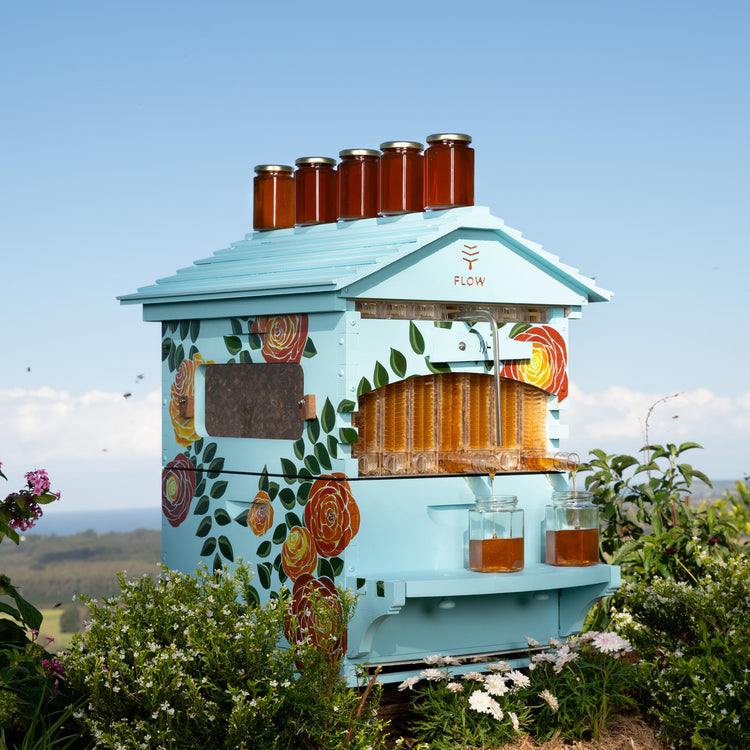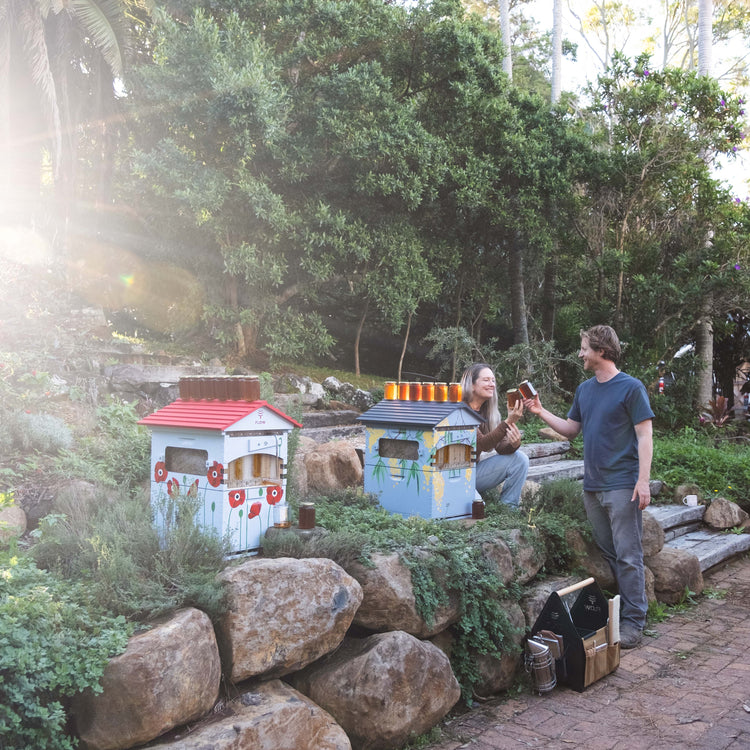Your Cart is Empty
Winter is coming...
In many places, there won’t be any forage available during winter, so it’s very important to ensure your colony has enough resources and to prepare your hive, especially if you live in a very cold climate. The steps you need to take will depend on local conditions.
It's a good idea to connect with local beekeepers to understand specific overwintering practices for your area. Or put your questions to our Community forum to engage with beekeepers around the world and get a range of advice.
Pest inspection
Fall is the time to conduct your final brood inspections of the season. Check for pest or disease issues to ensure your bees are healthy before going into winter.
Many beekeepers will apply a treatment for varroa mites in the fall. See our blog on varroa management options for more.
Top Tip: Check out TheBeekeeper.org for in-depth video lessons on beekeeping pests and much more.
Reduce the size of your hive
You don’t want empty space in the hive during the colder months. The bees spend energy heating the hive, so any extra space will deplete their resources more quickly.
Reduce the hive to the minimum number of boxes needed for the bees and their honey stores. If you leave a super with honey on the hive, make sure to remove the queen excluder.
Top Tip: Store your Flow Frames in a sealed tub or a freezer when not in use.





Plan for next spring
Expand your apiary with a sweet saving on our best-selling Flow Hive Classic, bundled with a premium Flow Beekeeping Caddy and Accessories Set.
Bundle Includes
• Flow Hive Classic – 6 or 7 frames
• Flow Beekeeping Caddy
• Accessories Set (J-hive Tool, Bee Brush, Log Book and more)
• A sweet saving!
Learn more
$838 - $908$938 - $1,008

We're here to support you in your beekeeping journey!
Our customer service team will get back to you with an answer to your beekeeping question.












